Can you really call yourself a successful actor if you haven’t played an esteemed historical leader in a biopic? Those types of roles usually tend to go down well at the Oscars, and this year doesn’t look like it will be any different.
Gary Oldman’s portrayal of the stubborn, unorthodox British Prime Minister who led the United Kingdom through World War II has been all the talk these past few weeks. For good reason too – this is the first major depiction of Winston Churchill of recent years in which the actor seems to entirely disappear into the persona. John Lithgow and Michael Gambon are remarkable actors in their own rights, but neither of them quite managed to encapsulate the same eccentric charisma that Oldman has harnessed in the Churchill of Darkest Hour.
The cinematography masterfully captured by Bruno Delbonnel is a highlight, emphasising the claustrophobia of the parliament chambers and using darkness to obscure Churchill’s features in moments of uncertainty. Delbonnel uses his camerawork to draw us into an era of insecurity, positioning us to view authority as the British public perceived it at the time – a shambling mess, that gradually stabilised into a strong, driving force with the advent of Churchill’s prime-ministership.
But of course aside from his grand speeches and leadership skills, Churchill was still a deeply flawed man. He was temperamental, prone to self-doubt, and dismissive of other authority figures. Anthony McCarten’s screenplay weaves this skillfully into the story, but unfortunately at times its plot progression is restricted by its own aspirations to be a character-driven biopic. The existing plot that does push the film onward is only helped along with the concoction of fictional events that fill in the gaps the historical records can’t provide.
However, even though the blurring of truth and fiction muddies our understanding of history, the fabrications that are inserted into Darkest Hour achieve what they set out to do – to give a glimpse of Churchill’s inner turmoil and thought processes away from the eyes of the public.
In one particular scene, the prime minister takes a trip on the London Underground and interacts personally with the passengers, gauging their opinions on how to deal with the war. This is a pivotal moment for Churchill, as his wavering confidence is given one final boost before his historic “We shall fight on the beaches” speech. While Churchill may have made some efforts to stay in touch with public opinion, the creative licence taken with this scene makes for a confusing interpretation of the real historical events.
But then again, this is cinema. Darkest Hour is not supposed to be a factual documentary. It is a visually stunning and enlightening lesson on Winston Churchill’s rise to prime minister, and the tough decisions that had to be made to ensure the survival of the United Kingdom during World War II. Gary Oldman has taken a famous historical figure and recreated him in both an authentic and engaging manner. And even if there were no other reasons to see Darkest Hour, Oldman’s performance alone would be compelling enough to draw in the large audiences it deserves.













I’m very pleased that the Academy chose to include Darkest Hour when neither the Critics Choice awards, the SAGs or the Golden Globes did. I have never been so riveted watching a film, and watching Gary Oldman on top of it was an incredible movie-going experience. I know it won’t win Best Picture, but I’m hoping and praying that Gary FINALLY wins the Best Actor Oscar that has been long overdue.